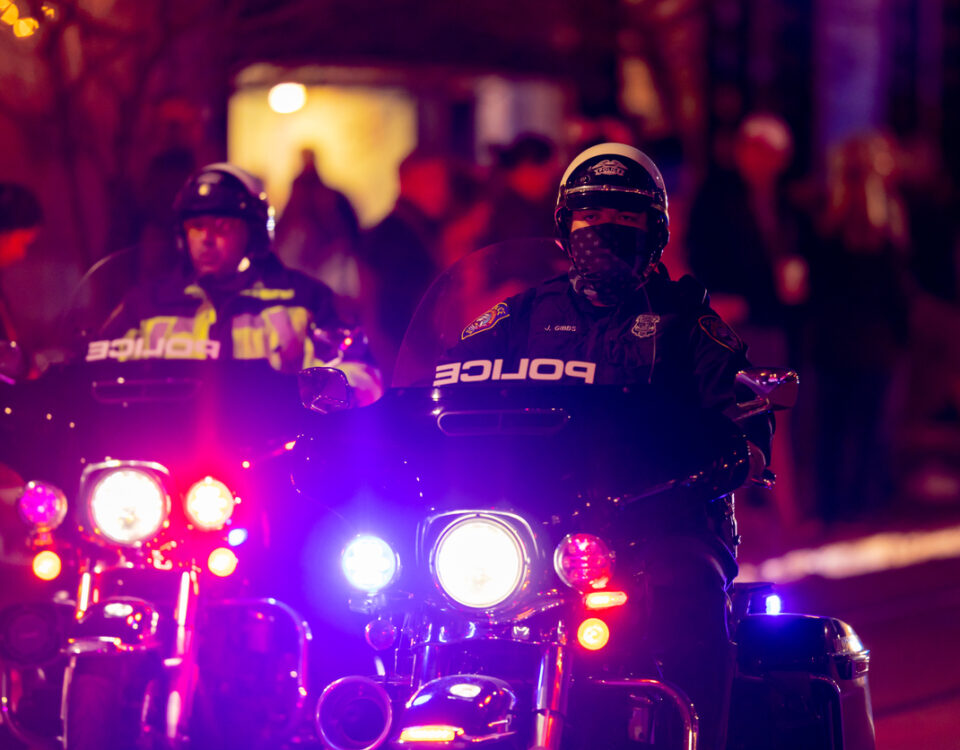Police Professional Liability: Twitter & Boston PD
Police Professional Liability: Police Lawsuits Costly
April 26, 2013Police Professional Liability: Combating Police Fatigue
May 16, 2013Police Professional Liability: Twitter & Boston PD
Police Professional Liability: Twitter & Boston PD
An entire nation waited with bated breath in the days following the Boston Marathon. It was a tragic event of national proportions, pulling an entire nation into solidarity. It also was a glimpse into the ever-changing role between the police department and the public.
The Boston Police Department was The Boston Police Department were fantastic throughout the entire ordeal. In addition this crisis showed the unique role social media now plays in emergencies. A long proponent of community relations, Boston PD immediately took to Twitter
According to a list compiled by Masters of Public Health Programs, the Boston PD department is the second most active and social media-savvy in the nation and ranked No.1 for Facebook and Twitter. On average, the police post a status update every hour, and work in daily information about arrests and other crimes.
It wasn’t a news headline that ended the nation’s fears after the bombing, but a tweet, sent by Deputy Superintendent John Daly: “CAPTURED!!! The hunt is over. The search is done. The terror is over. And justice has won. Suspect in custody.”
The use of social media is growing rapidly as a crisis communication tool. The Aurora, Colorado police released breaking news through Twitter following the mass shooting at the movie theater. Nearly every police department has their own Twitter feed. It’s become a go-to source of information and a way to immediately communicate with the public.
The growing use of social media also brings police department in greater contact with the public. But with direct communication also means greater exposure and liability. Courts have made it easier for criminals and suspects against law enforcement and criminal justice personnel. How will the increased dialogue affect police department’s liability? Are officers personally liable? It is a gray area that is still being determined.
Professional Governmental Underwriters, Inc. provides Police Professional Liability insurance.

